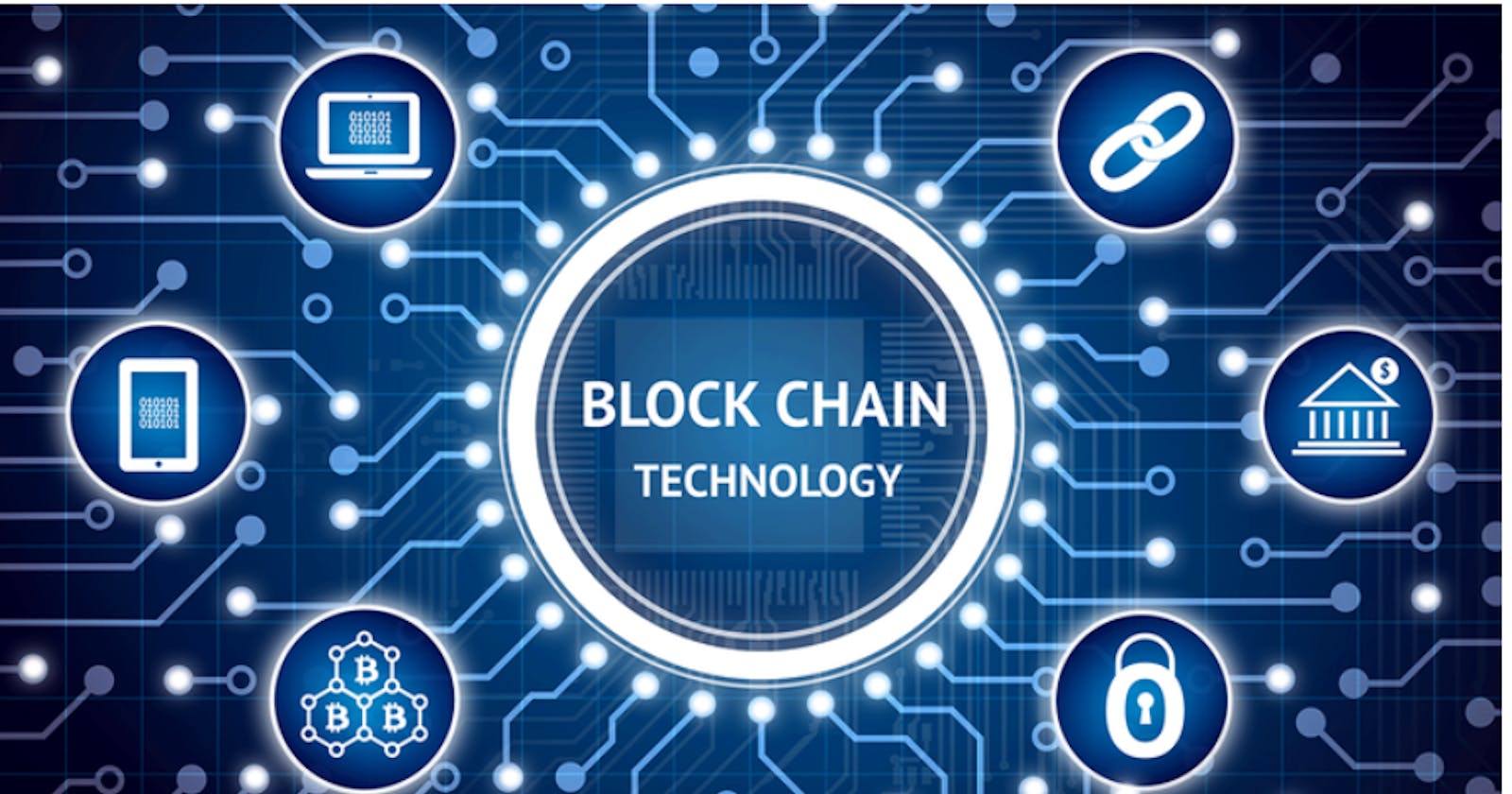Many people have viewed blockchain as the next big thing in technology in recent years. To many people, Bitcoin is blockchain, and blockchain is Bitcoin – they are two sides of the same coin! With the price of Bitcoin fluctuating between $20,000 and $60,000 per coin, people have grown increasingly concerned, wondering if this technology is still worth investing in. will it truly revolutionize finance and business transactions?
Blockchain is more than just cryptocurrency.
If you only think of blockchain in terms of cryptocurrencies like Bitcoin, you're passing up a huge opportunity. The truth is that, aside from digital currency, blockchain has a wide range of potential applications. Data can be secured and transactions validated using a centralized ledger without the involvement of an intermediary or third party. Because no middleman can be hacked or manipulated. Blockchain has evolved into much more than a cryptocurrency, it is set to transform business models in industries all over the world.
So, what exactly is blockchain?
A blockchain is a digital ledger in which cryptocurrency or other assets transactions are recorded chronologically and publicly. This enables everyone involved in a transaction – whether it's a transfer of money, property, shares, or anything else of value – to see what was done and when. Blockchains do not rely on a single authority figure to verify information (as your bank does), but instead, use cryptography and algorithms to verify each entry – similar technology that keeps online banking secure.
Blockchain extends beyond cryptocurrencies.
Blockchain has gained popularity in niche industries and cryptocurrencies, it is no longer limited to digital currencies. Blockchain solutions can improve the efficiency and security of a wide range of processes, from real estate to voting systems, blockchain is a game-changing technology that has the potential to transform many aspects of our daily lives, including how we trade goods and services, buy cars, and obtain medical prescriptions. No one knows where blockchain will go next!
What are the Smart Contracts in Blockchain?
The blockchain ledger itself can be thought of as a smart contract in that it has established and enforced rules for negotiating transactions. A blockchain network can also run code (smart contracts) on top of its ledger to automate transactions and rules, or to create an entirely new service. There are two ways to accomplish this: either directly integrate it into a cryptocurrency protocol or create a sidechain with its protocol (of which Ethereum is one).
Non-Fungible Tokens - digital asset?
Blockchain is now being used as a decentralized registry for non-fungible tokens (NFT). NFTs are essentially one-of-a-kind digital assets that cannot be duplicated or copied. They can represent anything from tickets to collectibles to cryptocurrency itself.
Conclusion:
Blockchain is an emerging technology & being a decentralized distributed ledger provides several advantages; creating immutability, transparency, trust, security, auditability, single source of truth among others, has started to disrupt a number of industries such as finance, insurance, logistics, energy and transportation by its promising advantages and there are many fields where it can bring revolutionary changes. The advent of such technology is dire of need in coming future.
